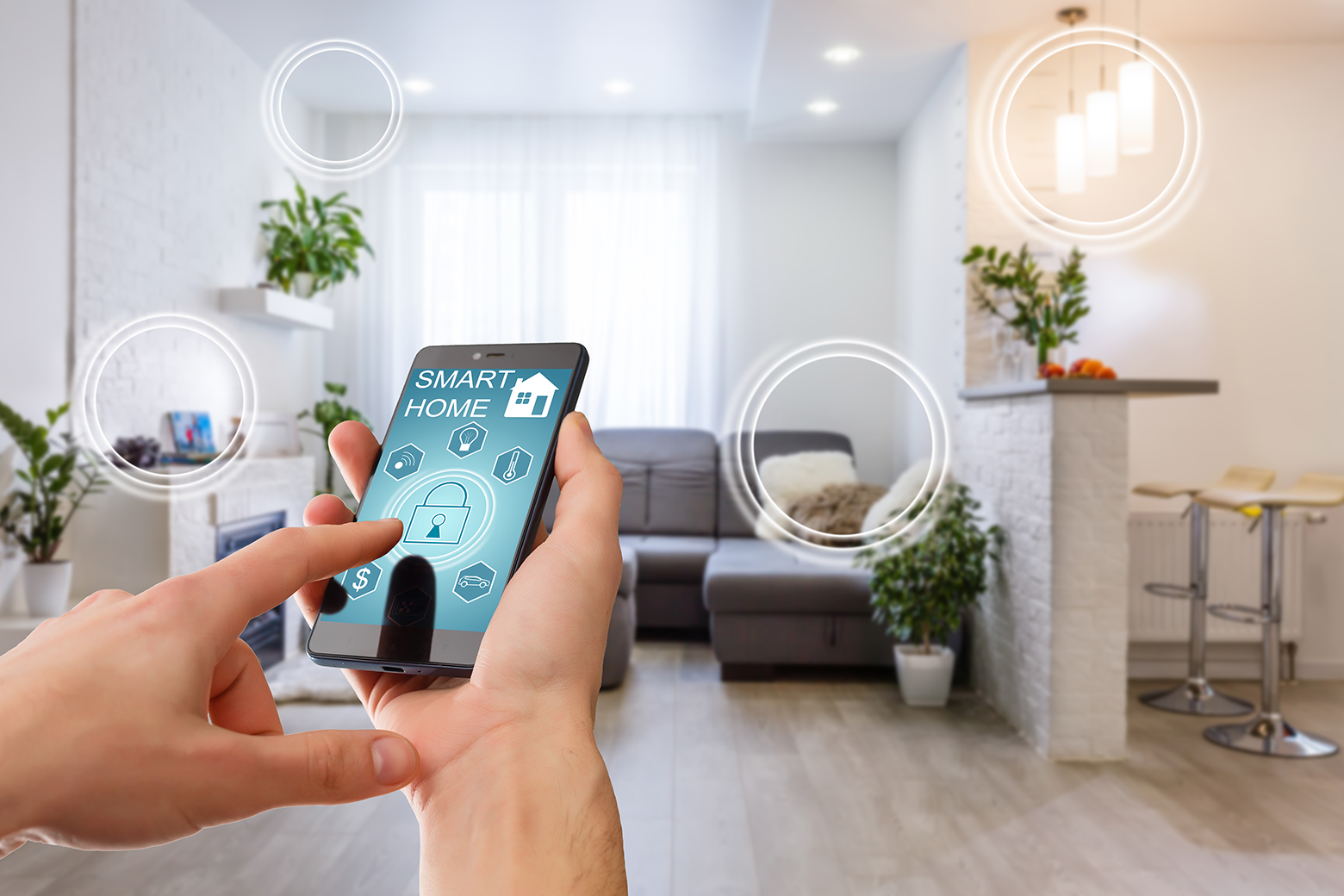In today's digital age, data sharing in smart devices has become a cornerstone of modern technology. For both homeowners and businesses, the integration of smart devices promises convenience, efficiency, and enhanced control over various aspects of daily life. But what exactly does data sharing in these devices entail, and why is it crucial for homeowners and businesses to comprehend its implications?
Smart devices, ranging from thermostats and light bulbs to security systems and appliances, are designed to collect and share data to optimize their functionality and user experience. This data sharing is vital for the seamless operation of a smart home or business environment, allowing for real-time updates, remote monitoring, and automation. However, it also raises concerns about privacy, security, and the ethical use of data.

Why Data Sharing Is Essential in Smart Devices
Data sharing in smart devices is not just a technical feature; it's a fundamental aspect that enables these devices to function as intended. For instance, a smart thermostat collects temperature data to adjust heating or cooling systems automatically, ensuring energy efficiency and comfort. Similarly, smart security cameras share footage with users, enhancing property safety.
For businesses, data sharing can streamline operations and improve customer experiences. By analyzing data from smart devices, companies can gain insights into customer preferences, optimize inventory management, and personalize services. The potential for increased productivity and customer satisfaction makes data sharing a valuable asset in the business sector.
Privacy Concerns and Security Measures
While the benefits of data sharing are undeniable, it's essential to address the privacy concerns associated with it. Homeowners and businesses must be aware of how their data is collected, stored, and used by smart devices. Unauthorized access to sensitive data can lead to security breaches and privacy violations.
To mitigate these risks, it's crucial to implement robust security measures. Using strong passwords, enabling two-factor authentication, and regularly updating device firmware are some of the basic steps to protect your smart devices. Additionally, choosing devices from reputable manufacturers with transparent data policies can further ensure data security.
For an in-depth understanding of setting up secure smart home systems, consider visiting this smart home checklist.
The Role of Data Sharing in Smart Homes
Smart homes are a prime example of how data sharing can enhance daily living. By connecting various devices through a central hub, homeowners can control lighting, temperature, security, and entertainment systems from a single interface. This interconnectedness relies on data sharing to function smoothly.
For landlords, smart homes offer an opportunity to attract tech-savvy tenants. By providing a modern living experience with automated features, landlords can increase property value and tenant satisfaction. Discover more about how smart homes benefit landlords.
Implementing Smart Devices in Business Environments
Incorporating smart devices in business environments can lead to significant advantages. From energy management systems that reduce operational costs to smart conference rooms that enhance collaboration, the possibilities are vast. Data sharing plays a pivotal role in enabling these devices to communicate and function effectively.
Businesses must prioritize data privacy and security to maintain customer trust. By adopting a proactive approach to data management and following best practices, companies can leverage smart devices to their full potential while safeguarding sensitive information.
For more insights on integrating smart technology into business operations, explore this guide to smart homes and health monitoring.
Conclusion
In conclusion, data sharing in smart devices offers a wealth of opportunities for homeowners and businesses alike. By understanding its significance and addressing privacy concerns, individuals and companies can harness the power of smart technology to improve efficiency, security, and overall quality of life. As the smart device market continues to grow, staying informed about data sharing practices and security measures will be essential for maximizing the benefits of these innovations.

FAQ Section
What is the main benefit of data sharing in smart devices?
Data sharing enhances the functionality of smart devices by allowing them to collect and analyze data for improved performance and user experience.
How can I ensure the security of my smart devices?
Implementing strong passwords, enabling two-factor authentication, and regularly updating device firmware are key steps in safeguarding smart devices.
What role does data sharing play in smart homes?
Data sharing enables the seamless operation of interconnected devices in a smart home, allowing for centralized control and automation of various systems.

